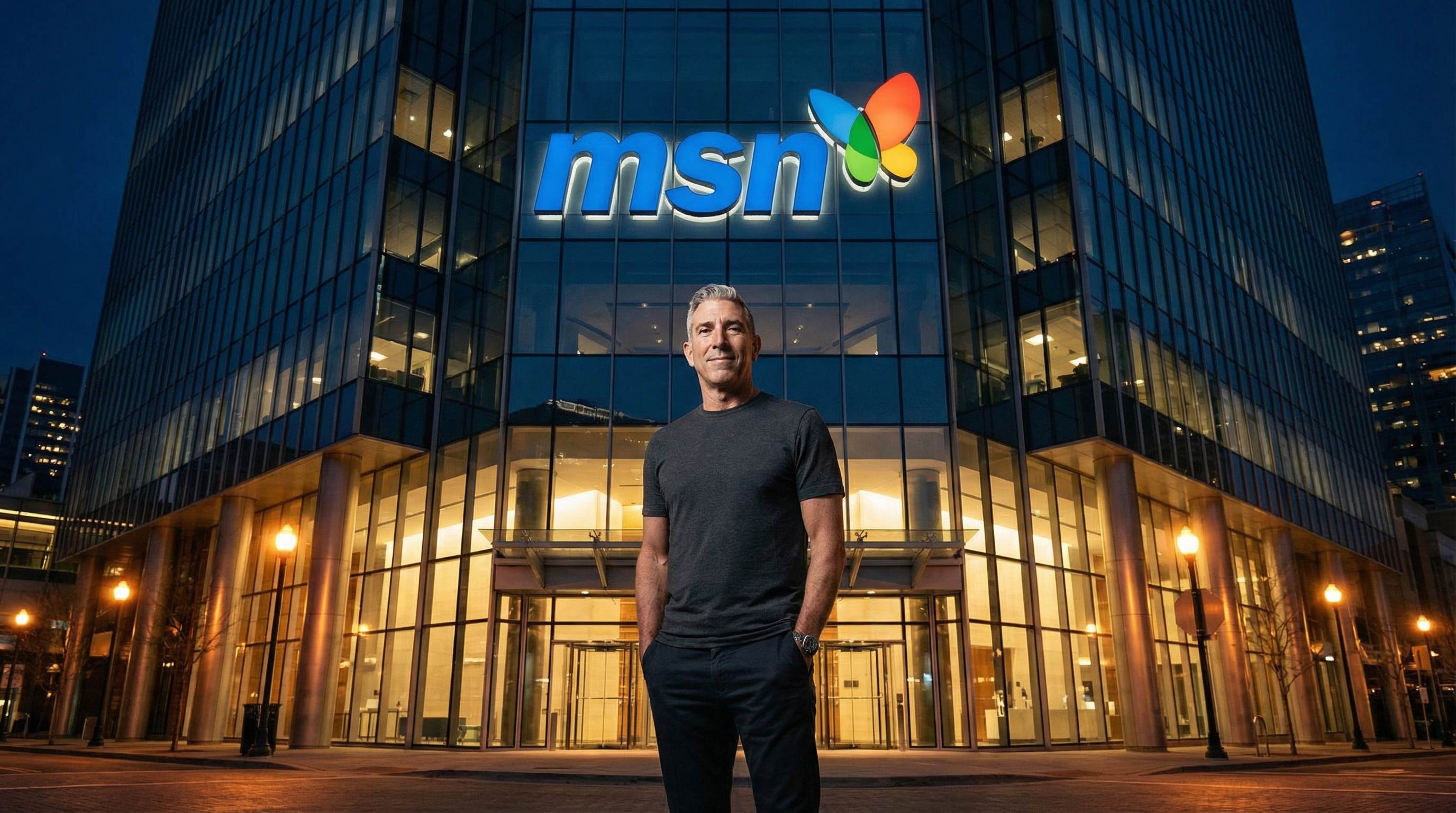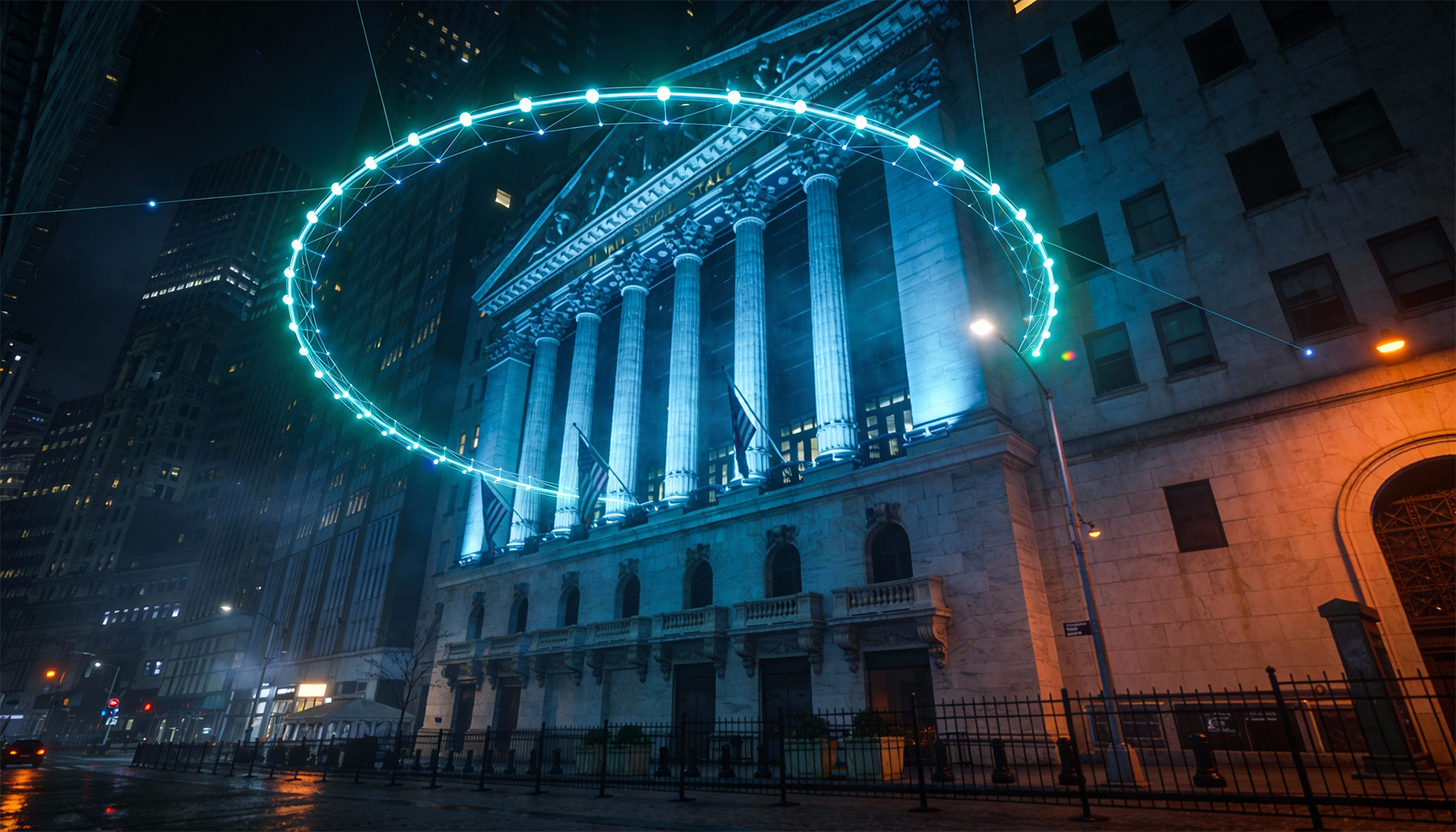Coinbase Seeks SEC Approval to Enter Multi-Trillion Dollar Tokenized Stock Trading Market

Coinbase’s recent request to the U.S. Securities and Exchange Commission (SEC) for regulatory clearance to offer tokenized stocks is more than a bid to innovate—it’s a full-scale challenge to Wall Street’s infrastructure. The company is seeking permission to list equities as blockchain-based tokens, enabling users to buy and sell shares of companies like Apple or Tesla on-chain. If approved, this move could completely transform the way capital markets function.
At Deal Box, this development reaffirms a belief we’ve built our platform around for years: the future of investing is digital, transparent, and tokenized. We’re not surprised to see Coinbase moving in this direction—because we’re already helping companies raise capital and offering investors access to rigorously vetted, tokenized opportunities across asset classes.
Let’s dive into what this means for markets—and why Deal Box is ahead of the curve.
Why Tokenized Equities Matter
Tokenized equities are digital representations of traditional stocks issued and recorded on a blockchain. A token essentially mirrors the ownership rights of a real-world share. Instead of trading through a legacy exchange with T+2 settlement and back-office friction, users would be able to:
- Trade equities 24/7, not just during market hours
- Settle transactions instantly, not in 2 business days
- Access fractional shares in a composable, programmable format
- Reduce costs through automation and blockchain-native custody
This model compresses the bloated middle layer of clearing houses, custodians, and intermediaries. It’s an idea Deal Box champions in every capital raise we structure. Through tokenization, we’re cutting friction and increasing access—not just in equities, but in private markets, real estate, intellectual property, and more.
Coinbase’s Bid to Disrupt the Broker-Dealer Model
Coinbase is not currently registered as a traditional broker-dealer. To offer tokenized stocks in the U.S., it’s seeking a “no-action” letter or exemptive relief from the SEC—essentially asking regulators not to pursue enforcement action if they proceed under specified terms.
This is a bold move. It suggests Coinbase believes existing securities laws can accommodate blockchain-native trading with the right guardrails. According to Coinbase Chief Legal Officer Paul Grewal, this approval is a “huge priority” and would give the industry the legal clarity it’s been waiting for.
Coinbase could have gone the traditional route—reviving its dormant broker-dealer license. Instead, it’s trying to show that blockchain rails are not just compatible with regulation—they may be superior.
Why the Timing Couldn’t Be Better
The political and regulatory winds have shifted.
In early 2025, the SEC dropped its lawsuit against Coinbase and formed a new Crypto Task Force focused on establishing regulatory frameworks. Under the current administration, crypto is no longer seen as a threat—it’s viewed as a competitive frontier. Tokenization, stablecoins, and institutional blockchain adoption are now bipartisan policy discussions.
Compare this to just two years ago, when the SEC was leading aggressive enforcement campaigns and stifling digital asset innovation in the U.S. With the shift in tone, a no-action letter for tokenized equities now feels plausible—not hypothetical.
At Deal Box, we see this as a signal that tokenized capital markets are no longer a question of “if,” but “when.”
Competitive Landscape: Who Else is Building?
Coinbase isn’t alone in trying to bring equities on-chain:
- Kraken launched “xStocks,” tokenized U.S. equities tradable on the Solana blockchain—but only outside the U.S.
- Prometheum was granted Special Purpose Broker-Dealer status but has yet to gain market traction.
- Securitize offers tokenized securities primarily in the private markets.
- SIX Digital Exchange (Switzerland) has issued on-chain bonds and stocks under FINMA regulation.
What Coinbase offers that others don’t is scale: tens of millions of verified U.S. users and deep liquidity. If approved, Coinbase would instantly become the largest regulated venue for tokenized equities in the world.
But at Deal Box, we’re taking a broader view.
We believe tokenized capital markets are not just for stocks. We’re enabling the tokenization of venture equity, real estate, intellectual property, royalties, energy projects, and more—bringing blockchain-level efficiency to asset classes that Wall Street has never served well.
How Tokenized Stocks Actually Work
Here’s the likely Coinbase model (and how Deal Box already mirrors some of these mechanics):
- A regulated custodian holds the real-world stock (like Apple or Tesla) on behalf of investors.
- A tokenized share is issued on a blockchain (likely Coinbase’s Base Layer-2).
- Traders can buy/sell these tokens on Coinbase’s exchange, with instant settlement.
- Compliance controls (KYC, investor limits, transfer restrictions) are built directly into the smart contract.
- Corporate actions—like dividends and splits—are automated via blockchain.
This structure mirrors what Deal Box already enables for early-stage and alternative asset offerings. We perform due diligence, onboard qualified investors, and tokenize ownership—all while ensuring compliance is baked into the chain.
Deal Box: Powering the Next Phase of Tokenized Investing
While Coinbase is working on bringing public equities on-chain, Deal Box is focused on everything else that needs tokenization:
- Private equity and venture deals
- Real estate portfolios
- Energy infrastructure
- Creative IP and royalties
- Revenue share and debt instruments
We’re already SEC-registered and operate a compliant security token issuance platform. We don’t just believe in tokenization—we operationalize it, turning legal structures, investor protections, and issuer requirements into automated systems.
This gives founders and fund managers a faster, smarter way to raise capital. It gives investors fractionalized access to asset classes that were once off-limits. And it puts us directly in the flow of what the future of finance will look like.
The Bigger Opportunity: A Multi-Trillion Dollar Shift
According to Boston Consulting Group, the market for tokenized real-world assets could reach $16 trillion by 2030. Equities represent one of the easiest entry points—but they’re just the tip of the iceberg.
Tokenization reduces friction across all asset classes:
- Eliminates paper-based settlements and long onboarding processes
- Provides instant, immutable ownership records
- Enables programmable logic for yield payments, royalties, or fees
- Allows for global liquidity—capital can move across borders in seconds
This is the thesis we’ve built Deal Box on. And every major player—from BlackRock to Goldman Sachs—is now aligning behind it.
What Needs to Happen Next
Tokenized equity trading may seem inevitable, but there are still hurdles Coinbase and others must overcome:
- Regulatory approval (whether through a no-action letter or full broker-dealer status)
- Liquidity and market-making commitments to avoid wide spreads
- Custody risk mitigation (what happens if the custodian goes down?)
- Tax and reporting clarity, especially across jurisdictions
- Real-time corporate action sync between on-chain tokens and legacy issuer records
At Deal Box, we’ve already solved many of these challenges for private placements and tokenized alternative assets. We work with partners like Vertalo, tZERO, and Transfer Agent services to maintain compliance and ensure investor protection.
What This Means for the Investor
For investors, tokenized assets offer:
- Fractional ownership of blue-chip assets or emerging private companies
- Lower fees, since there are fewer intermediaries
- Faster liquidity, even in traditionally illiquid markets
- 24/7 access, globally
- Programmable features, like staking, voting, and automatic dividends
Through Deal Box, investors can gain access to tokenized opportunities vetted by experienced General Partners, with an emphasis on long-term value and transparent due diligence.
Final Thoughts: A Future Built on the Chain
Coinbase’s move is a landmark moment, but it doesn’t come out of nowhere. It’s the culmination of a years-long industry movement toward transparency, automation, and asset democratization.
At Deal Box, we’ve been quietly building the infrastructure for this moment—not just for public equities, but for the entire universe of assets that deserve better capital markets.
We believe that tokenization isn’t a trend. It’s the next logical evolution of financial infrastructure. And while Coinbase is helping mainstream the conversation, Deal Box is ensuring that the infrastructure, compliance, and execution are already here.
Whether you’re an investor, founder, or fund manager, you don’t have to wait for the SEC to make its decision.
The future of finance is already live. And Deal Box is the on-ramp.
















